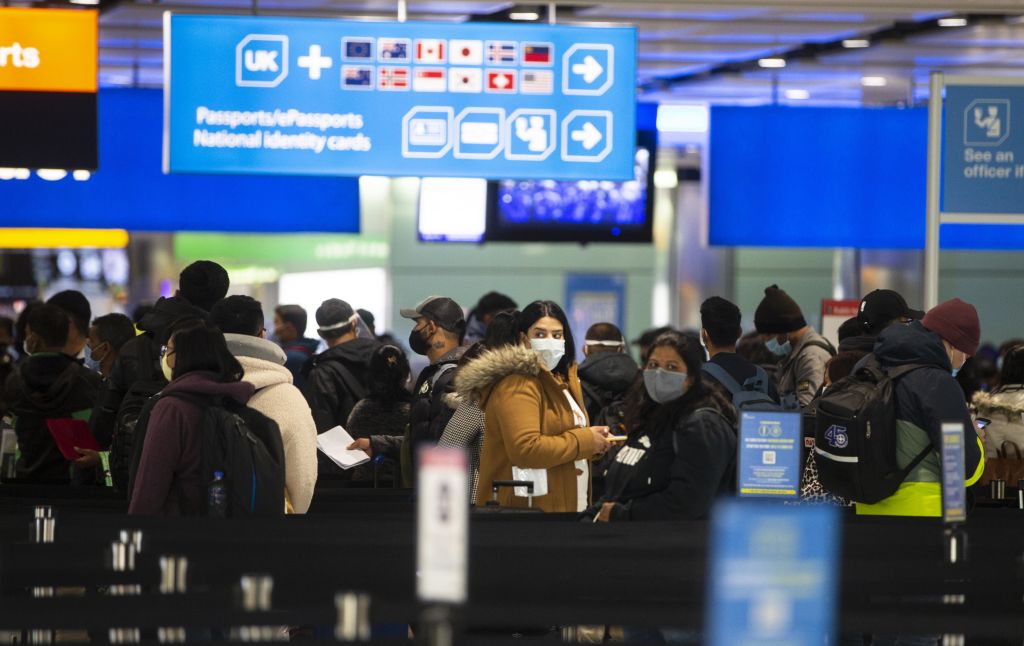As travellers are plunged into airport chaos, we must finally lighten the load of their baggage

Finally, travel bosses thought they were in the clear. The pandemic restrictions had receded, customers were returning to the skies, and airports were full again. Only now they are too full and sickness among airport staff has created chaos at airports as families, desperate to go away for the school holidays, try to make their way through queues at Heathrow, Manchester, Gatwick and Stansted.
The managing director of Manchester Airport has even quit in a huff and the Mayor of Greater Manchester Andy Burnham suggested police and fire rescue service staff could be drafted in to help manage the mayhem at the airport.
Unbeknownst to travellers, even if they do make it through airport security, Covid-19 checks and the like, they face more delays on the other end of their journey.
People are travelling less, but for longer – and with that comes more baggage. For airlines, this is good news as they can get away with charging extra for bags stored in the hold of the plane. But it has put even more pressure on operations in airports which have lagged behind automated systems implemented elsewhere.
We have online check-in, e-passport gates and streamlined security (most of the time), but baggage still is beholden to manually moving people’s swimming-trunk stuff suitcases off of the plane and onto the carousel.
Airlines have even pushed to create policies which minimise cabin bags, cracking down on passengers forcing zips to close over a week’s worth of clothes. The likes of easyJet have been steadily tightening their baggage policies, making it more attractive to check-in bags. Delta are including checked baggage for free and British Airways are offering curbside baggage drops, free of charge to customers at Heathrow’s Terminal 5 in a bid to ease in-airport pressures.
But these initiatives only go halfway to solving the problem.
Elsewhere in the world the conversation has moved on to delivering parcels with drones and Uber for air travel. Why are we still accepting that the way we’ve historically handled baggage is still the only way?
All the usual checks can be done before anyone actually sets foot in the airport: Documents verified, security questions answered, bags sealed, and securely delivered straight to the plane, all before the passenger heads to the airport.
On landing, passengers could complete declarations online (not dissimilar to all of those Covid-19 forms we quickly became accustomed to), and their bags could be digitally cleared by customs and ready for them at their destination.
Gone are the days where people would “only fly British Airways”. For airlines, reworking baggage systems will win back loyalty lost in a competitive market. Many are desperate to win this back in the ruthless race to the bottom for the lowest upfront prices. For airports and travel hubs it’s an opportunity to streamline services to prevent queues wherever possible.
If we’ve truly reached the stage where we’re pulling emergency workers in to deal with angry customers in queues stretching into empty parking lots, then we ought to look at where we can ease burdens with tech already available to us – and free us all of some baggage in the process.
